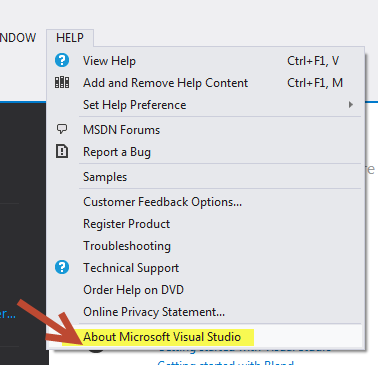

Also, extensions installed in Alpine Linux may not work due to glibc dependencies in native source code inside the extension. Note: WSL 1 does have some known limitations for certain types of development.

Install the Windows Subsystem for Linux along with your preferred Linux distribution.

Note: After reviewing this topic, you can get started with the introductory WSL tutorial. This lets VS Code provide a local-quality development experience - including full IntelliSense (completions), code navigation, and debugging - regardless of where your code is hosted. The extension runs commands and other extensions directly in WSL so you can edit files located in WSL or the mounted Windows filesystem (for example /mnt/c) without worrying about pathing issues, binary compatibility, or other cross-OS challenges. You can develop in a Linux-based environment, use Linux-specific toolchains and utilities, and run and debug your Linux-based applications all from the comfort of Windows. The Visual Studio Code WSL extension lets you use the Windows Subsystem for Linux (WSL) as your full-time development environment right from VS Code.


 0 kommentar(er)
0 kommentar(er)
